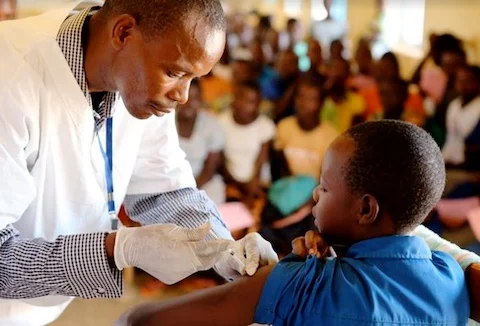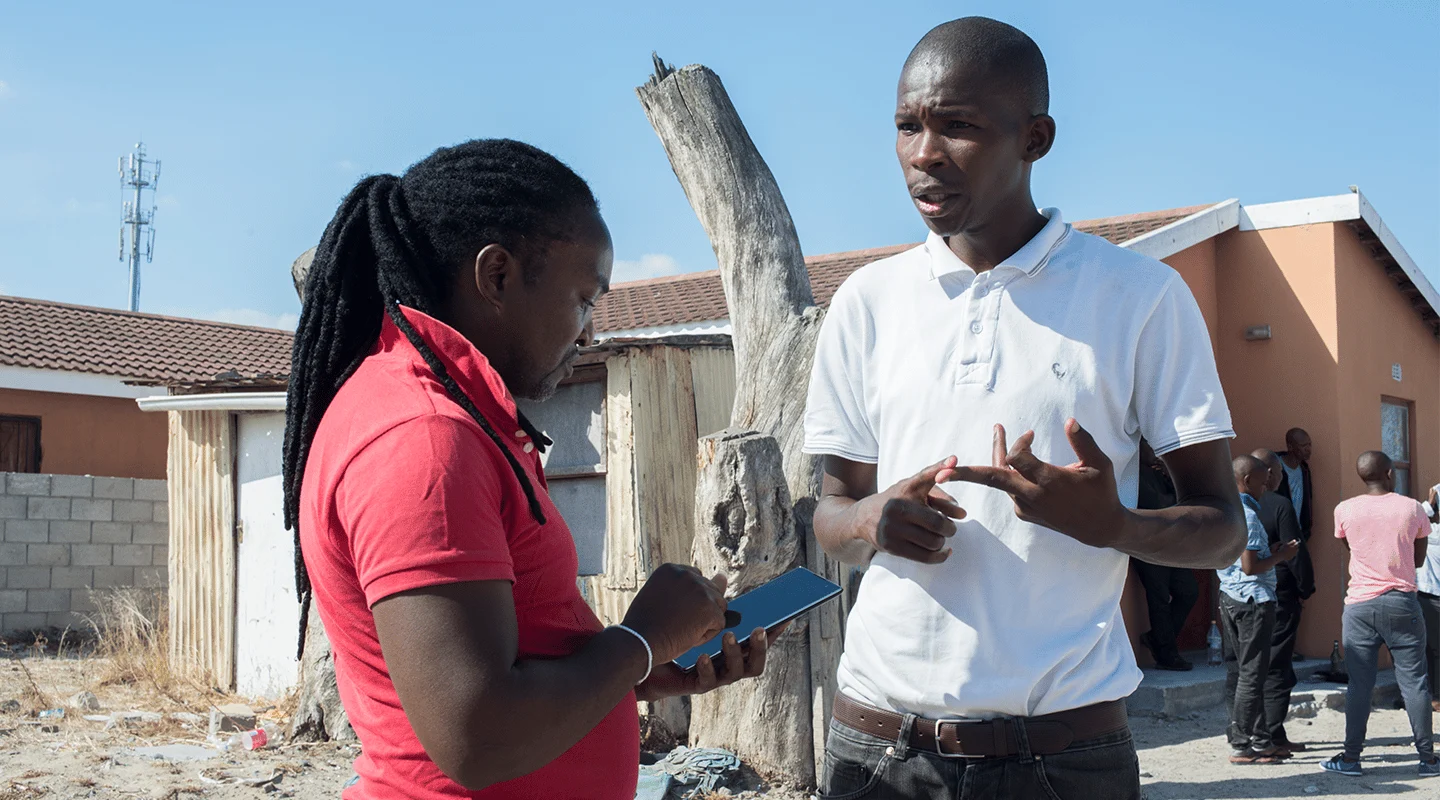Vaccination uptake in Africa remains a defining public health challenge not from a lack of scientific advancement, but from persistent systemic, social and behavioral barriers. While immunization rates have improved over the past decade, recent polls and community insights reveal a concerning pattern: access is not the only obstacle trust and information gaps are equally critical.
A recent audience poll asked respondents what influences vaccination uptake the most. The answers were revealing:
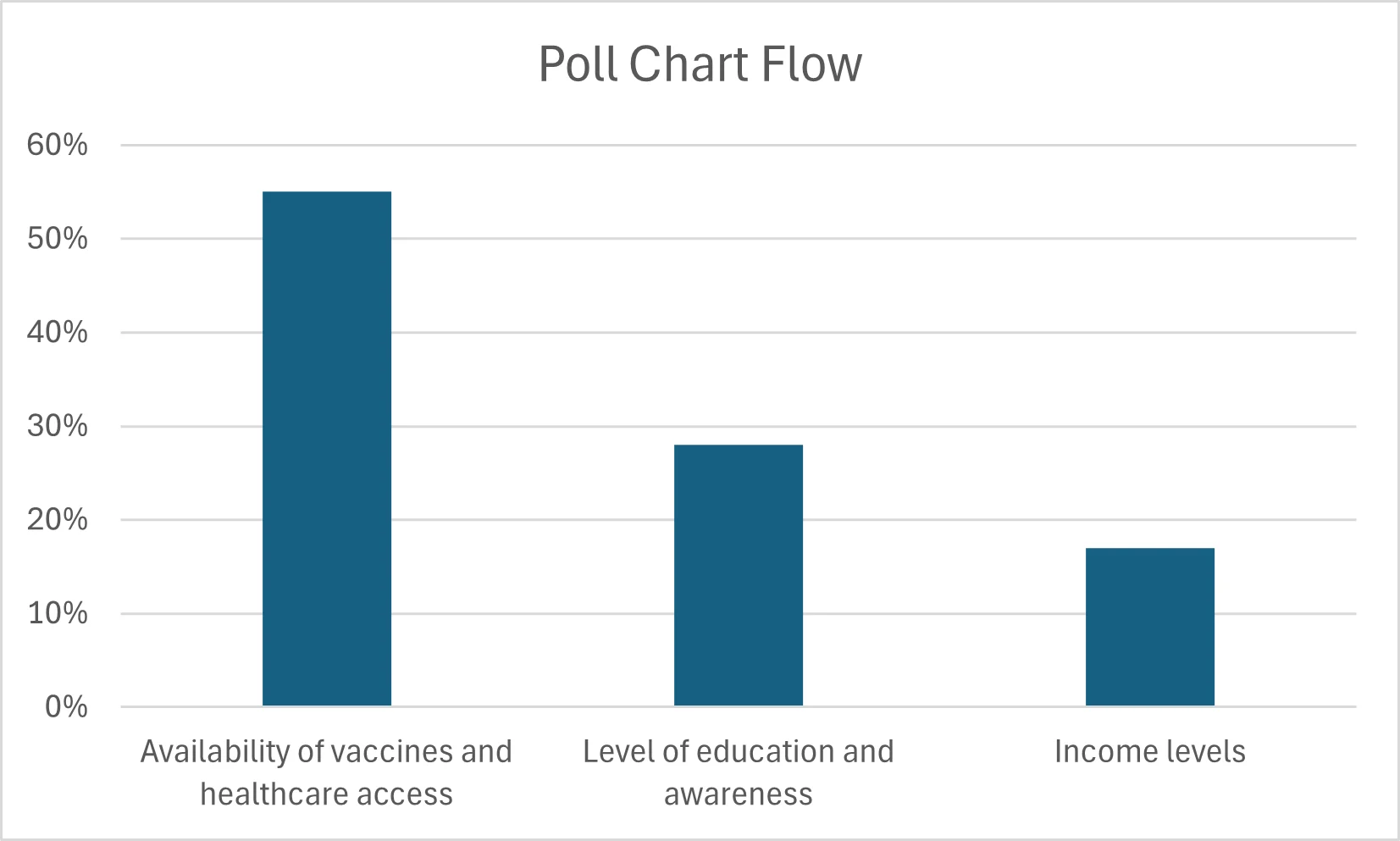
- Availability of vaccines and healthcare access-55%
- Level of education and awareness -28%
- Income levels- 17%
These responses reaffirm what data has long suggested: vaccination programs will only succeed when access, communication and equity are addressed simultaneously.
Accessibility Still Determines Who Gets Vaccinated and Who Doesn’t
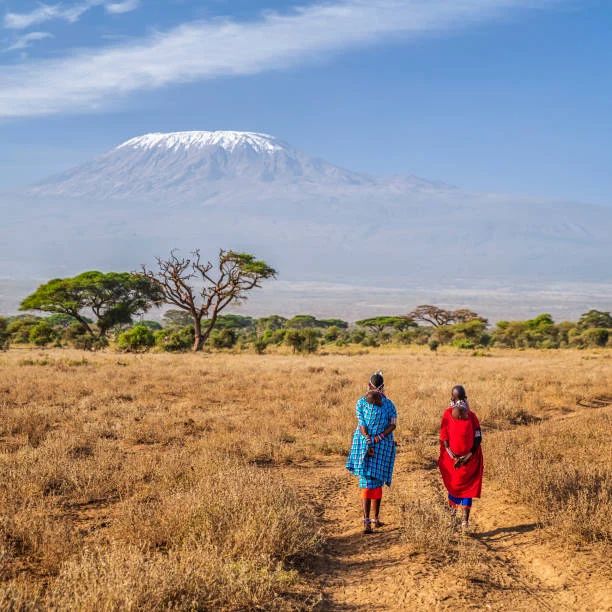
In many African countries, vaccination is still a matter of geography. Rural residents often travel long distances to health centers, while mobile clinics and outreach programs are limited.
Key Challenge:
Even when vaccines are free, transportation costs, time away from work, and limited clinic schedules create indirect costs that discourage participation.
Strategic Solution
Governments and partners must invest in mobile clinics, door-to-door campaigns, school-based drives and weekend vaccination schedules to bridge the access gap.
Education and Awareness Shape Perception More Than Availability
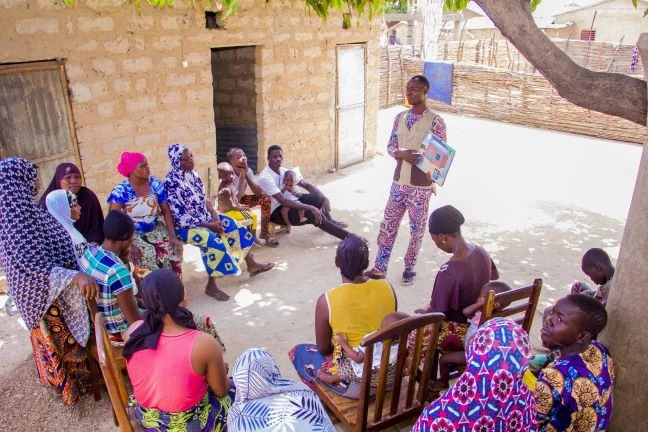
Access means little without understanding. 28% of respondents believe that education is the biggest driver of vaccination uptake, echoing findings from UNICEF and WHO.
In communities where scientific messaging fails to resonate culturally, misinformation especially via WhatsApp and informal networks spreads faster than official guidance
Insight and Social Recommendation:
Advocacy must move beyond posters and radio jingles. Behavior change is achieved through trusted messengers’ religious leaders, teachers and mothers’ associations.
Income Levels and Economic Trade-offs Still Affect Immunization Decisions
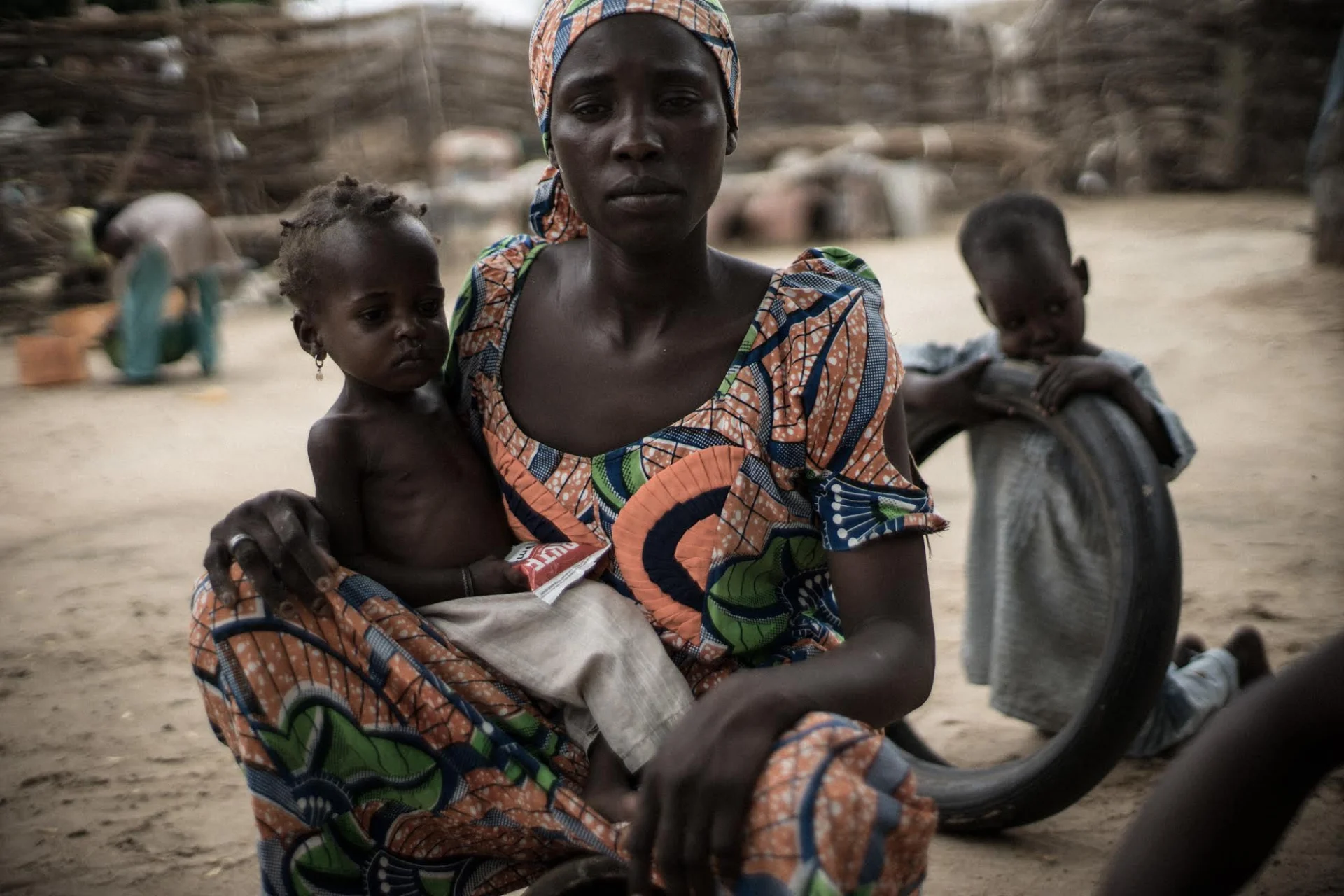
17% of respondents attribute low vaccination uptake to income levels not because vaccines cost money, but because vaccination comes with hidden economic sacrifices.
For some families, missing a day of work or market income to attend a clinic is simply not feasible. In urban informal settlements, time is currency.
Solution Pathway
Incentive-based programs such as conditional cash transfers, vaccination-linked food support or workplace vaccination drives have shown success in improving uptake in countries like Nigeria and Rwanda.
What Must Change: From Campaigns to Continued Engagement
Short-term drives may lead to temporary spikes in immunization coverage, but sustained uptake requires structured monitoring and behavioral tracking.
That is where data-driven social research becomes essential.
How Insight and Social Supports Vaccination Programs in Africa
At Insight and Social, we support development partners, NGOs and public institutions by:
- Conducting nationwide perception and hesitancy assessments
- Using mobile and on-ground data collection tools to monitor vaccination behavior
- Designing human-centered communication strategies
- Tracking program effectiveness through Monitoring & Evaluation frameworks
If your organization is working to improve vaccination uptake in Africa, partner with us to build insight-led, community-accepted strategies that deliver real impact.
Africa Can Lead Global Immunization Progress If We Listen First
The poll results are clear: people know what affects vaccination adoption in their communities now policymakers must act accordingly.
- Access without awareness won’t work.
- Awareness without trust won’t convince.
- Policy without insight won’t endure.
Vaccination uptake in Africa is not just a medical intervention; it is a social negotiation.
And the best solutions begin with data, dialogue and dignity.
Ready to build a stronger vaccination strategy?
Contact Insight and Social today to collaborate on research, evaluation and behavior change solutions across Africa.


